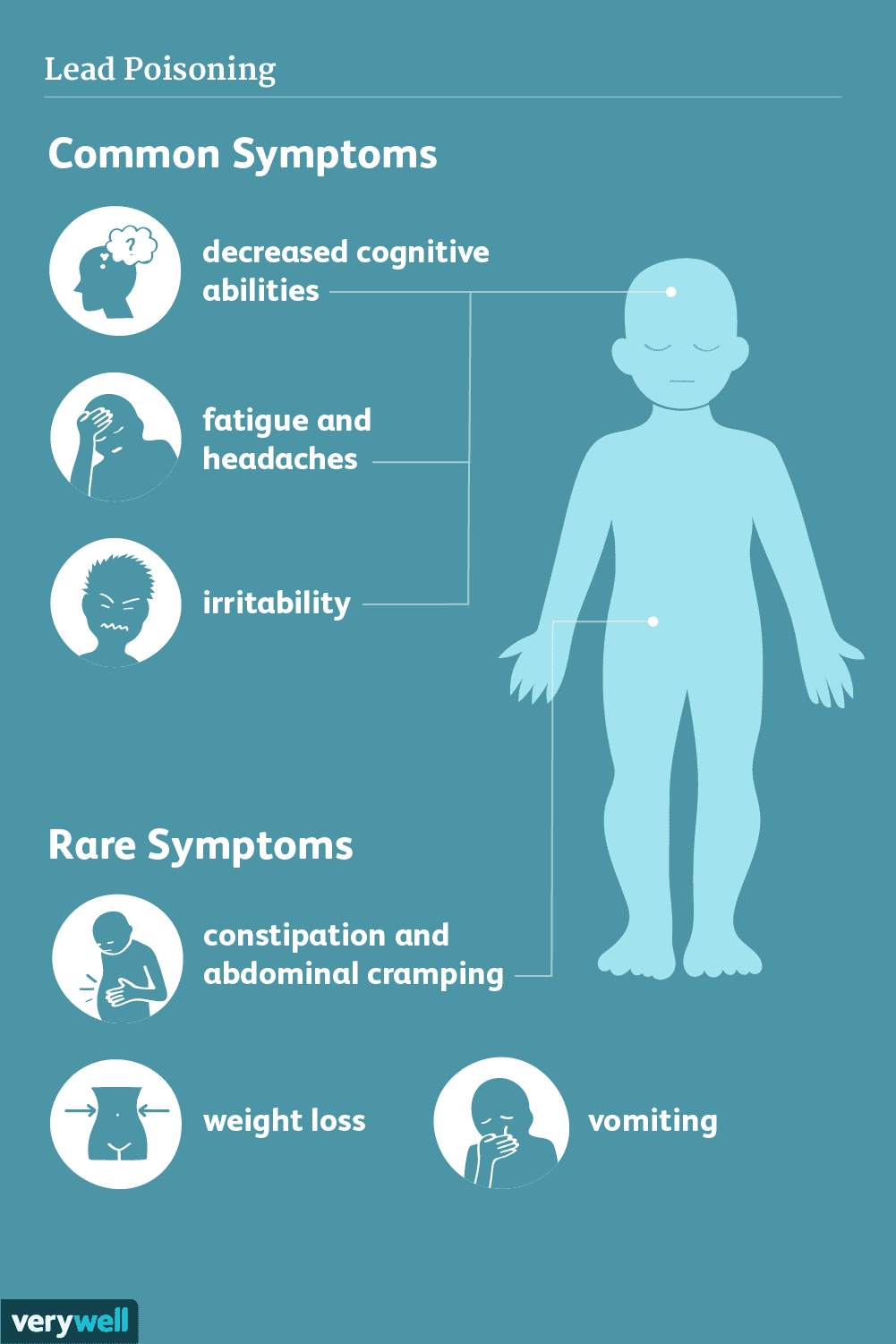In lower-income and older communities, housing problems too often become health problems. For many parts of New Jersey, the most dangerous place for children is actually inside their own home. Lead, asthma triggers, and other hazards affect thousands of children every day.
Anchor Health Homes Aims To Eradicate The Negative Health Impacts Of Unhealthy Housing And Unjust Policies For Children, Seniors and Families To Ensure Better Health, Economic and Social Outcomes.

Lead exposure, even at low levels, has a significant negative impact on health and educational outcomes. It causes neurological damage, decreased IQ, increased likelihood of reading disabilities and reduced academic performance, increased blood pressure, increased violence, anemia and gastrointestinal issues, stunted growth, seizures, comas, and increased incarceration rates. At very high levels, poisoning can result in death.

Here are some examples of lead’s impacts on a young person:
-
Compromised long-term memory; for example, a student can’t recall multiplication tables from one day to the next
-
Reduced auditory processing makes it difficult, for example, to hear the difference between “s” and “f” impeding the ability to read
-
Inability to control behavior
-
Inability to learn no matter how hard a child tries
-
Disruption in classrooms by children frustrated by their failure to learn makes it difficult for other children to learn.
-
Lower test scores for individuals and entire school districts that have a disproportionate number of children with lead poisoning
-
Disproportionate number of low-income males incarcerated, unemployed, and aimless because lead has more detrimental impacts on males compared to females


